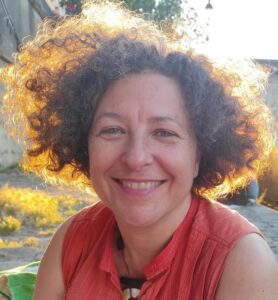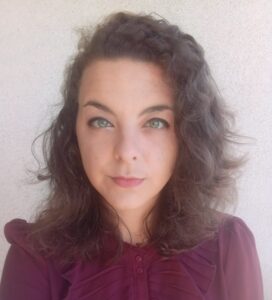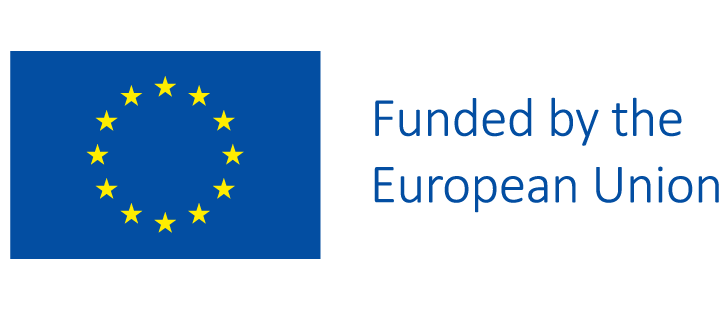This Work Package aims to find Remedies for Extremist Narratives. Beatrice Fracchiolla, a distinguished professor in language sciences at the University of Lorraine, brings a wealth of experience and expertise to her role as leader of WP5 within the ARENAS project. Having pursued her studies at renowned institutions such as Smith College in the USA and La Sorbonne in Paris, Fracchiolla’s academic journey took her across borders and cultures.

Now, as a Professor of Language Sciences at the University of Lorraine, Fracchiolla’s research primarily focuses on discourse analysis, verbal interaction, and pragmatic studies, with a particular emphasis on addressing verbal violence, hate speech, and gender discrimination. With over two decades of experience in studying hate speech and verbal violence, Fracchiolla’s work aims to unravel the mechanisms underlying extremist narratives and find strategies to promote positive discourse and language use.
Fracchiolla’s research is dedicated to understanding the intersection of language and societal issues, particularly concerning gender discrimination. As the leader of WP5, she aims to detect extremist narratives about gender and develop mediation and remediation strategies that especially target young audiences. By analysing institutional, social, and governmental strategies and educational tools, the WP5 team seeks to promote gender awareness and combat discrimination.

The WP5 team, comprised of researchers from CNRS, is highly effective. Louise Burté, a dedicated Ph.D. student, plays a crucial role in the project and is making significant contributions. With a passion for addressing injustice and violence, Burté focuses on resolving conflict through communication and mediation, showcasing key findings from our research. Additionally, Christina Romain, an expert in working with schools, discourse, and hate speech, is actively engaged in the project. With over two decades of collaboration, the interdisciplinary and international team benefits from the expertise of partners from Latvia, Finland, Italy, Ireland, Germany, and Cyprus.
The ongoing task of producing a report on existing strategies and remediation recommendations in WP5 involves a meticulous examination of social actors’ initiatives and actions over the past decade. With a focus on gender discrimination, the inventory aims to identify measures taken by European countries to tackle this pervasive issue.
The WP5 team has recently expanded to include partners from the University of Genoa who are working on Task 2 of this Work Package, National and European Laws comparisons and extremist narratives. Specifically, they will carry out comparative research, and will map commonalities and 3 countries (Italy, Spain and Latvia) )-specific differences across the different urban legal systems that will then be used to explore the presence of a European consensus on the applicable remedies to extremist narratives. This work will be led by Isabel Fan Lo with support from Nathalie Paris. According to Fracchiolla, “their work will help us understand how to build up also effective training/workshops for professionals working with institutions, judges, lawyers, etc.”
Looking ahead, Fracchiolla and her team are committed to leading various actions aimed at offering positive language tools to combat verbal violence and extremist narratives that will create a more inclusive and positive discourse environment.
Despite the challenges inherent in research projects like ARENAS, the WP5 team remains undeterred, fuelled by the promise of meaningful impact and positive change. As Fracchiolla reflects on her involvement in the ARENAS project, she acknowledges the importance of face-to-face interactions and collaborative efforts in driving progress. With an upcoming meeting in Düsseldorf on the horizon, she anticipates the opportunity to connect with colleagues and exchange ideas in person, underscoring the value of personal connections in research endeavours.

